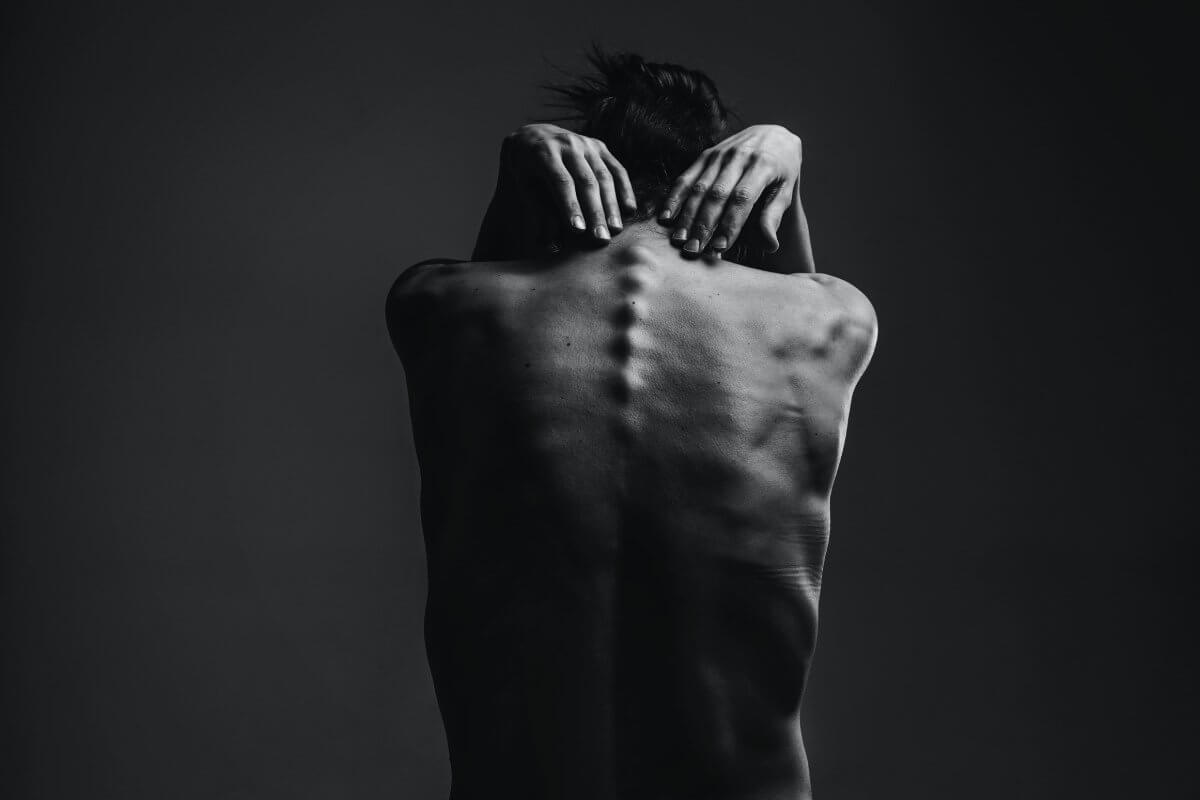In today’s world, body shaming men often goes unnoticed and unchallenged despite men constituting over 50% of the global population. They silently bear the burden, enduring the pain and stigma without receiving the support they deserve.
Folaranmi Jones, a 26-year-old final-year student, experienced this firsthand when a woman remarked, “Other men have beards. It’s like you’ve packed yours under your boxers,” after a lecture. Jones felt powerless to respond because societal norms discourage men from discussing issues unrelated to money or perceived masculinity. This left him feeling unwanted and dismissed.
To fit in, Jones resorted to artificial measures to grow facial hair, believing that having a beard equated to being a man. Only with the help of family support and counselling could he regain his self-esteem and lead an everyday life free from the shackles of stigma.
“Let me tell you, my lack of beard became a source of ridicule. I can still identify every person that has body-shamed me. The pain and stains have stayed with me and have refused to heal,” he reveals to Prime Progress.
Jones emphasised that both men and women contribute to body shaming. However, men rarely get the help they need to overcome the impact, like him, are left grappling with self-pity and low self-esteem, leading to depression.
Body shaming against men in Nigeria extends to various physical aspects, including beards, bald heads, or body shape. Social media, content creators, and skit makers exacerbate this stigmatisation, perpetuating unrealistic ideals of masculinity.
Jones questions why lacking six-pack abs or broad shoulders results in being belittled rather than receiving honest assessments. The consequences of this widespread body shaming are grave, as many men suffer from depression and a loss of confidence.
Lawal Habeeb shares a similar experience. Growing up, he didn’t face much scrutiny about his physique. However, upon entering secondary school, his height became a target for mockery as he didn’t grow at the same rate as his peers.
“Almost everyone in my age range was getting taller than me, and I remained almost the same height. By the time I entered secondary school, almost all the kids I could rival in primary school were evidently taller and broader than me. Unpalatable remarks started coming in from both friends and the opposite gender”.
Hurtful comments like “smalie” and “Kekere” eroded his self-esteem.
Audrey Page, a student from Martinique, acknowledges that body shaming men is a pervasive issue, often occurring within families and close social circles when men experience physical changes, such as weight gain or loss of fitness.
Dr Fatomiwa Adetiba, a psychologist in Ekiti state, speaks from personal experience, having endured body shaming during his youth due to his petite stature.
“Knowingly or unknowingly, people, especially women, body shamed me because I had a tiny body during my youth. I hit the gym, turned exercise into punishment and even tried hard drugs to fit in and escape ridicule. It did not work.”
He recounts how he rehabilitated a twenty-two-year-old student in January who was approaching suicide because people said he was ugly.
“I don’t know when ugliness became a thing to qualify men. The boy started withdrawing himself from every activity: his studies, community and hobbies. He started confronting his parents, blaming them for bringing him to the world with their ugly selves.”
Adetiba suggests that body shaming men is one of the ‘tiny little details’ affecting men severely but rarely cut the attention of anyone across the globe.
He implores men to speak out, seek help and jointly correct anyone patronising, mocking or talking down on men based on their physical qualities.
“We are not discouraging men from being strong in mentality and emotional intelligence. All we are saying is let men’s physical appearance breathe,” he charges.
Body shaming against men often goes unnoticed, despite men making up more than half of the global population. Men like Folaranmi Jones, a final-year student, experience hurtful comments that affect their self-esteem and mental health. After being ridiculed for his lack of a beard, Jones sought artificial means to grow facial hair, equating it with manhood, until family support and counseling helped him recover. Both men and women contribute to the body shaming, with men rarely receiving the support they need, often leading to depression.
In Nigeria, body shaming targets various physical aspects such as beards, bald heads, or body shape, exacerbated by social media and unrealistic masculine ideals. Lawal Habeeb faced mockery for his height in secondary school, eroding his self-confidence. Audrey Page recognizes that men are often shamed within close social circles over physical changes.
Psychologist Dr. Fatomiwa Adetiba, who was body-shamed in his youth, recalls rehabilitating a student nearing suicide due to being called ugly. Adetiba argues that body shaming's impact on men is a significant yet overlooked issue globally. He encourages men to speak out, seek help, and address the issue together while emphasizing the importance of allowing men to feel comfortable with their physical appearance.






